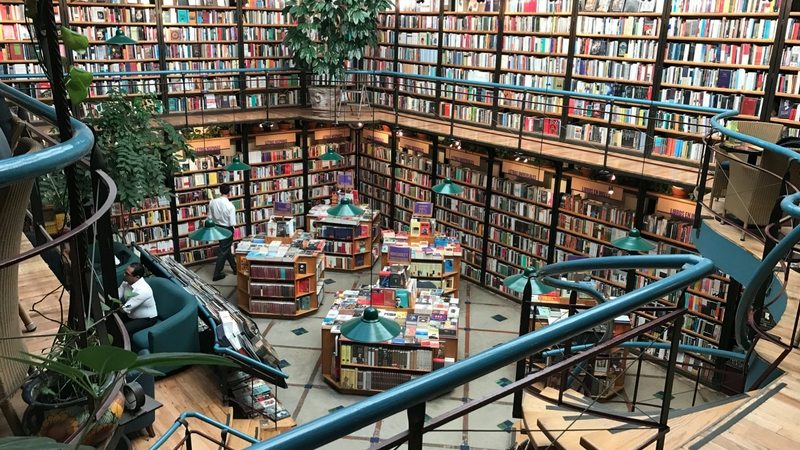What to Read
Episode #9 of the course How to read and retain more by Abasi Latcham
Welcome back.
Today, we are going to discuss how to find what to read next.
According to UNESCO, about 2.2 million new books are published each year, and there are about 13 million previously published books vying for your attention, so it can be time consuming to identify what to read next.
“Be careful…[of] reading…many different authors and books of every description. You should be extending your stay among writers whose genius is unquestionable, deriving constant nourishment from them if you wish to gain anything from your reading that will find a lasting place in your mind.”
—Seneca the Younger
Seneca would agree that it is important to read good books. Unfortunately, it can be difficult to find them. The internet is rife with “must read” lists, often curated in order to sell advertising. That is why it is important to take recommendations from sources you trust. Here are a few book sources that I recommend:
• Bill Gates’ Gates Notes: As we learned in the first lesson, Bill Gates reads many books, both fiction and nonfiction. And then he reviews each one. The nonfiction is often focused on issues of disease and health, energy, and poverty and development.
• Derek Sivers’ Books I’ve Read: Sivers is an entrepreneur. He offers a list of books ranked by strength of recommendation. His fascination is “the usable psychology of self-improvement, business, philosophy, and culture.”
• Ryan Holiday’s Reading List: I’ve mentioned Holiday a few times in this course, and that’s because he reads a lot and he reads widely. I particularly like his monthly reading recommendation email. He likes stoic philosophy, but his recommendations span everything from fiction to biographies, history to evolutionary psychology.
• Goodreads: I’ve also mentioned Goodreads before. I use it to track what I read and to flag what I want to read. It offers algorithmic recommendations that can be a bit hit and miss. They also have a yearly poll on users’ favorite books. Note that it is owned by Amazon.
• Bibliographies: If you’ve just finished a nonfiction book on a topic that you really enjoyed, check out the bibliography. This is perfect for syntopical reading. Alternatively, you can do the 21st century equivalent of this by looking up the book on Amazon or Goodreads and see what other books its readers enjoyed.
• Me: I’ve made a simple list of books referred to in this course available online that also includes some further reading on the topics of reading and books.
Whatever you decide to read, here are a few words of advice. Read widely, read deeply—don’t fall prey to confirmation bias. Read books that challenge you—books are only “above your level” for as long as you fail to read them. If you start reading something and dislike it, don’t trudge through—remember Lesson 3 (“drops and skips”).
And failing all that, read well and read what interests you.
Tomorrow, we wrap things up with a review of everything and some thoughts on the point of reading more.
Key Lesson
Trusted referees can save you the hassle of separating the wheat from the chaff.
Daily Exercise
Look at the reference lists I suggest, and find a couple of books that interest you.
Until tomorrow.
Recommended book
Letters from a Stoic by Seneca
Share with friends

